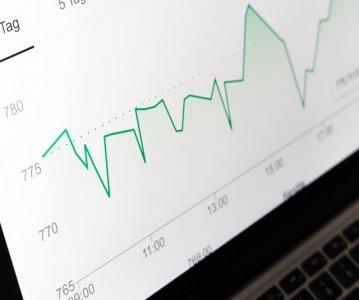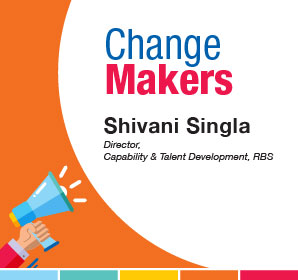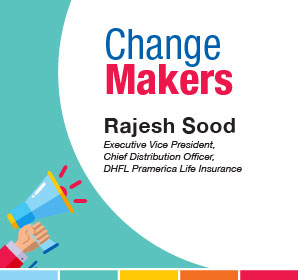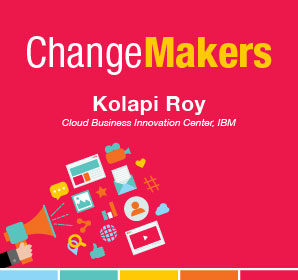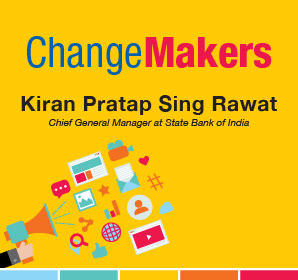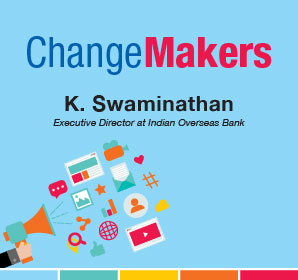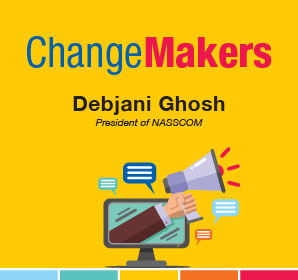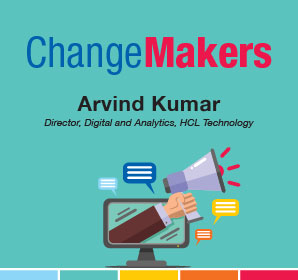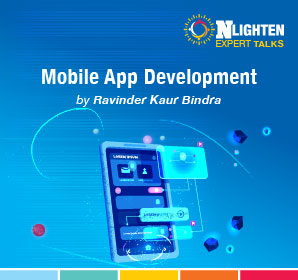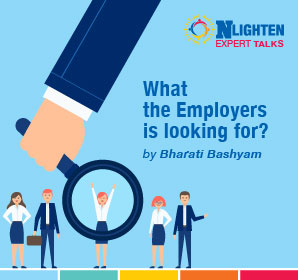This article is about Machine Learning
What is Data Leadership?
By NIIT Editorial
Published on 17/11/2021
8 minutes
As voluminous data has emerged, it has impacted industries and businesses and the authorities that oversee them. Today's leadership is very different from its traditional counterpart in the era of big data.
Today's data leaders are much more open to innovation and new ideas rather than those who adhered to one principle their whole lives. Learning from the best data science courses or certifications could be a way to acquire a perspective about it.
Big data and technology have contributed to a new tectonic shift in the leadership of C-Suite executives. Four primary leadership profiles have emerged within the senior-level data and analytics talent pool, each with distinct roles, backgrounds, and market realities.
Understanding your organization's strategic opportunities and current capabilities is an essential first step in identifying the specific leadership requirements - and an important to ensure the success of the role and data initiatives.
Furthermore, data leadership is characterized by several attributes and tips and tricks. Let's examine some of them.
- Overcoming the Organizational Barriers
A leader of data or a data scientist must possess a strong understanding of the business, their industry, their data, and what they represent. Ideally, they will lead teams of data scientists and analysts, business people who can frame problems to be solved, IT experts who turn the data into insights, and domain experts who ensure that everything ties back to the business' goals.
- Bringing Science And Business Together
An effective data leader is not a traditional IT director, nor do they need to be an expert in advanced analytics. To succeed at data management, a leader must combine science and business in one crucial way.
The approach to implementing new types of data analytics within a business has to be changed radically. It is common for existing processes and organizational structures not to be designed to handle automated and data-driven decision-making. Data leaders are responsible for making this possible.
- A Courageous Attitude
It is a field of work where there are so many unknowns regarding real-world business outcomes; there is so much to ingest and discover that a certain level of 'guts' is needed to engage fully. One of the biggest challenges for many big data companies is the lack of track record with the sector's youth.
There can still be a step into the unknown with some emerging big data technologies. Businesses crave certainty above all else, and you can look to find some of the best online Data Analysts or Data Science Courses to know more.
The data scientist is responsible for spotting these trends and ensuring that the data is used to the fullest extent.
- Creating A Data-Driven Culture
When teams interpret vast amounts of data, it is essential to give them the freedom to think creatively. While models and visuals can be helpful on their own, the human analysis provides deeper context and insight.
Many new product ideas, services, and business approaches have been sparked by human analysis. Creating an environment where teams can explore meaningful threads of innovation should be a leadership goal.
- Distinguishing Potential From Hype
A data scientist is astute at weighing the potential of various types of data and evaluating whether to retain them, even if they are not clear about their value in the present. They must determine the value of each piece of data, justify it, and explain it.
- Finding Out What You Need To Know
Those responsible for leading data must ensure that they and those using data in the business have a clear and focused question they would like to answer. Comparatively, a data leader identifies the right question to answer, looks at the available data, and then allocates adequate resources, tips, and tricks to determine how to solve it.
- Purpose And Vision
In today's business world, companies are paralyzed by the amount of data they have access to and don't work to exploit it to their advantage. Defining the best use case for data will be a challenge for a data leader because it will benefit both customers and companies.
It is the role of the data leader to evolve the shape, size continually, and offers of a business in response to complex data that shows where blind spots or opportunities may exist.
- Data Has The Potential To Revolutionize Society
Leaders of data organizations understand that now is the time to participate in the digital revolution, or else they will fall behind. Certain Data Science certifications and courses help you gain enough algorithm-related knowledge keeping you up-to-date with trends. By doing so, we reject incremental improvements and small thinking, focusing instead on transforming how people conduct themselves each day.
- Forward-Looking
The leaders who are reaping the benefits of analytics take a long-term view and are dedicated to improving their data management strategies,' says Laurie Miles, director of analytics at SAS. In this way, leaders can gain maximum insight from their data and improve existing business processes through superior analytics while overcoming the volume.
Virtuous Cycle: A Simple Model
Data Leadership must provide momentum for creating value from the beginning of the enterprise and outward to all relevant functions. The real question is, “How do we create a mechanism that can take data value to the highest level possible?
Yet creating value at the lowest level often requires working on the individual level. Each employee can contribute to the company by finding a common language and understanding how data contributes to the business. Learning the tips and tricks can be a great help for every new data enthusiast.
Advanced PGP in Data Science and Machine Learning (Full Time)
Become an industry-ready StackRoute Certified Data Science professional through immersive learning of Data Analysis and Visualization, ML models, Forecasting & Predicting Models, NLP, Deep Learning and more with this Job-Assured Program with a minimum CTC of ₹5LPA*.
Job Assured Program*
Practitioner Designed


 Sign Up
Sign Up


































































































































































































